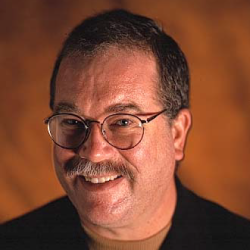
Integration was a word that came up often during the development of the Framework for Ocean Observing that now guides GOOS.
We realize it has many dimensions in an observing system: across disciplines; parts of the system including oversight, implementation and innovation; from coasts to open ocean; and across different in situ and satellite observing networks. The GOOS Steering Committee and structures are promoting integration where it is effective and efficient.
Integration as a dimension in GOOS can be seen across disciplines from physics to biogeochemistry to biology (“physics to fish”), from open ocean to coasts, across all aspects of the system from observations to data and information streams, across different time scales, and across different observing networks. Integration is meant to be a result of following Framework processes of identifying requirements, coordinating observing elements, and evaluating data streams and the outputs of the observing system for adequacy.

John Glenn
Already, a number of global-scale observing networks are working through the JCOMM Observations Coordination Group (OCG, www.jcomm.info/opa) on common issues of direct coordination of deployments and working from common platforms, promoting common standards for observations, metadata, and data streams, and supporting a common platform for technical coordination at JCOMMOPS in Brest, France (www.jcommops.org). The GOOS Steering Committee in May 2015 began thinking about how the OCG’s core work could be extended to build effective and efficient additional coordination activity with existing biogeochemical and biological observing networks.
A central idea in working towards integration will be to identify the efficient and effective opportunities for this, built around common issues. These can include issues around coordination on observing standards, on a particular platform, around data systems, or around delivery of integrated and actionable information on the ocean. This work will build on the activities of the GOOS Biogeochemistry Panel and Biology and Ecosystems Panel as well as the GOOS Regional Alliances. There is a lot of scope for integration in GOOS – although a strategic approach is needed in order to avoid flooding the entire observing community with coordination activity. All of us involved in GOOS look forward to engaging you on this in the coming months and years.
